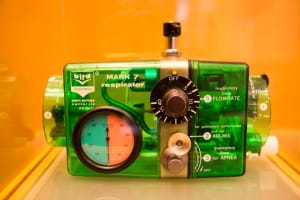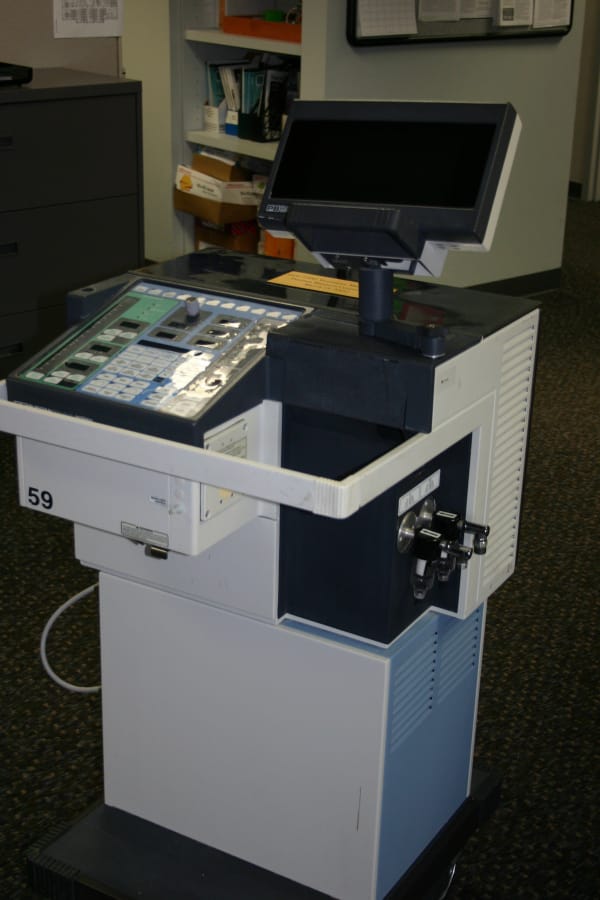
[ad_1]
The Bird ventilator, named for inventor Forrest Bird, was the first mass-produced mechanical vent, and it used compressed air technology and required no electrical power. Dr. Bird spoke at Kindred’s 2009 Clinical Impact Symposium, and signed the vent that is pictured and on display in the Kindred Support Center lobby.
Known by some as the “father of mechanical ventilation,” Dr. Bird tested his first mechanical ventilators by piloting his own planes to medical schools and asking doctors for access to their sickest patients. Patients who had tried all the available options and were expected to die of cardiopulmonary disease.
“As a former critical care nurse, I grew up in my profession working with Bird ventilators,” said Carlene Nugent, Chief Clinical Officer at Kindred Hospital South Hollywood – Florida, who met Dr. Bird at the 2009 Clinical Impact Symposium. “Never in my wildest imagination could I have envisioned meeting the actual inventor – this was a humbling moment in my professional career and one that I will forever cherish.”
The Puritan Bennett 7200 Series ventilator now occupies a place in history, and a coveted spot on display in the lobby of the Kindred Healthcare Support Center in Louisville. When Kindred purchased the last of these ventilators, manufactured by Tyco Healthcare in 2002, we saw the beginning of the end of an era which was noted in the Tyco company newsletter along with a photo of Kindred and Tyco executives in the Support Center lobby.
Back then, Kindred had hundreds of PB 7200s, and they were in Kindred Hospitals all over the country. Introduced in 1983, the PB 7200 was hailed as one of the first vents to use an advanced compressed air system combined with microprocessor technology, resulting in a ventilator that provided excellent gas delivery and patient monitoring capability.
As time went on, the PB 7200 was replaced by even newer, smaller, more efficient and advanced technology, including its eventual successor, which was better able to calculate total inspiratory resistance (airway resistance during inhalation) based on the measurement of airflow velocity.
But Kindred’s acquisition of the last PB 7200 in 2002 is representative of our commitment to our patients and residents, and to bringing them the most advanced therapies available to aid in their recovery.
A Kindred executive at the time said: “It is helping our therapists, physicians and nurses free a ventilator-dependent person from dependence on the ventilator.”

[ad_2]
Source link
